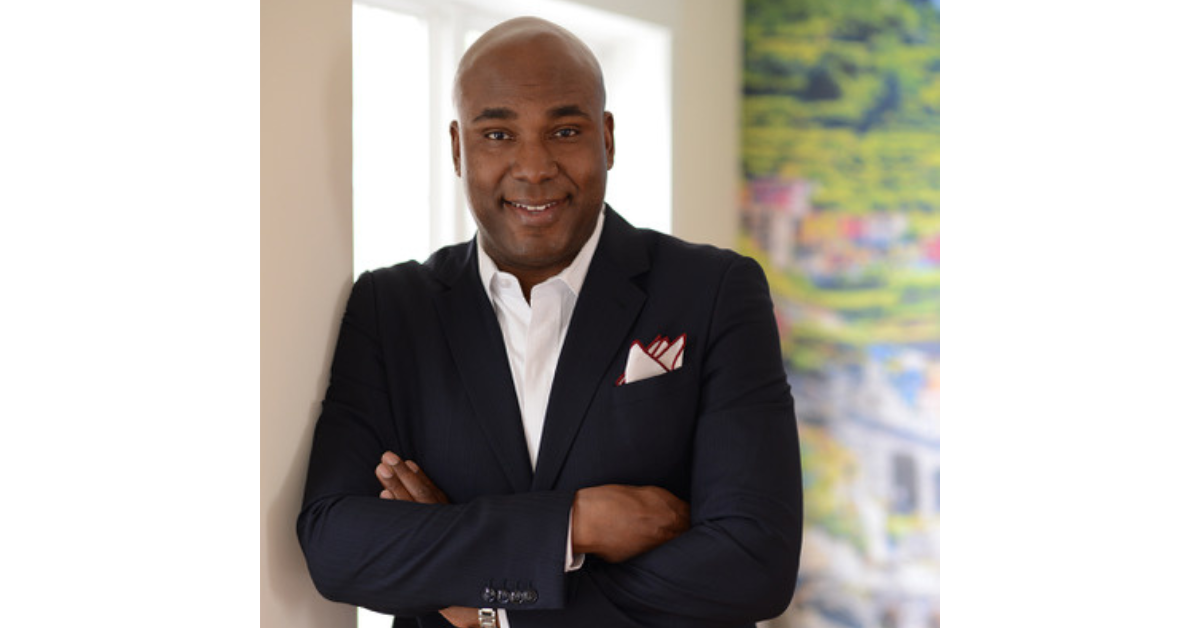By: Alesia Bani
KEY INSIGHTS:
- Sixty-seven percent of charitable giving in 2021 came from individuals rather than corporations and foundations, with millennials at the forefront of small contributions.
- The startup Philanthropi supports everyday people to become philanthropists by donating to non-profit organizations through its platform.
- Philanthropi launched a pilot program with American Express to allow members to round up their transactions and donate to a charity of their choice.
Although philanthropists are often positioned as wealthy and high-status entities, it turns out that small individual donations make up the majority of philanthropic giving.
A new report by Giving USA found that total U.S. charitable giving reached $484.9 billion in 2021, with about 67 percent of it coming from individual donors. Despite being America’s most impoverished generation, nearly three-quarters of millennials consider themselves philanthropists, compared to only 35 percent of baby boomers.
“The biggest shift that I’ve seen over the last 20 years or so is this concept that philanthropy used to be a destination,” Dr. Keith Leaphart, the founder of Philanthropi, a platform that partners with financial institutions, employers, universities and non-profit organizations for everyday donors to support non-profit organizations with the click of a button, told The Plug.
“Millennials and Gen Z are like ‘no, this is a journey and we’re starting today,’” he said.
Leaphart, a Philadelphia native and Hampton University alum, launched Philanthropi in 2018. Leaphart believes that by leveraging new technologies, the next generation of philanthropists can grow exponentially and become an everyday practice or a lifestyle.
Philanthropi helps users track their charitable donations, share their giving with their social circle and take advantage of donation-matching programs from their employers. The platform has worked with local Philadelphia companies like Penn Mutual, WSFS and First Round Capital to create employee donation matching programs.
“You don’t have to be Bill Gates or Warren Buffett or Gerry Lenfest to have your own personal funds or foundations, we’ve democratized that,” Leaphart said. He has served on the Board of Directors for The Lenfest Foundation since 2013 and regarded American philanthropist H.F. “Gerry” Lenfest as a mentor up until his passing.
But there is a disconnect between charities and their biggest contributors — individuals.
When in line at a grocery store, you may have been prompted to round up your dollar amount during checkout. The problem Philanthropi identified with this is that individuals are disempowered from selecting a charity of their choosing. They also become anonymous donors under another organization.
Now, Philanthropi is finding a way to address this with a partnership with American Express, which is one of its investors. Philanthropi has raised about $8.5 million since its inception.
The new pilot program allows eligible Amex members to contribute funds to the charities of their choice through their account by rounding up each of their purchases to the nearest $1, $5 or $10 dollar amount, with over one million charities on Philanthropi’s database for people to choose from.
“It is never an easy journey as an entrepreneur of color,” Leaphart said. “This is really a transformational moment for our business to be able to now offer this. To do exactly what we want to do: give people an easy way to help people. That’s always been my goal.”
“Amex Card Members have expressed wanting simple ways to make charitable contributions with their dollars and have always prioritized giving back,” Lisa Yokoyama, vice president and head of product for Amex Digital Labs, said in a press release.
Future of philanthropy
Leaphart believes a big part of philanthropy is social engagement, but most giving platforms do not take that into account. For example, if a friend requests you donate money to a charity of their choosing as a birthday gift, the money sent to the charity is not under the name of the birthday individual.
“There’s a decoupling from the dollars to the individual,” he said. “We want to actually bring that together and allow the nonprofits and the donor to be able to connect and build community.”
Through technology like Philanthropi’s, Leaphart believes the future of charitable giving will be characterized by a social ecosystem with better engagement, livelier communication and real-time attribution.
“I think we’re far past the time of influencers and the life of fluffiness. Now, I believe the future will hopefully be around the impact that people are making and they will be using that influence to socially make a difference,” he said.

Alesia Bani
Alesia Bani is a writer and journalist from Philadelphia and The Plug’s Innovation Reporter covering the Black tech ecosystem in Philadelphia. She previously worked for the Institutional Diversity office at her alma mater Temple University and has a background in reporting on identity, DEI and local government.
Contact: alesia@tpinsights.com




